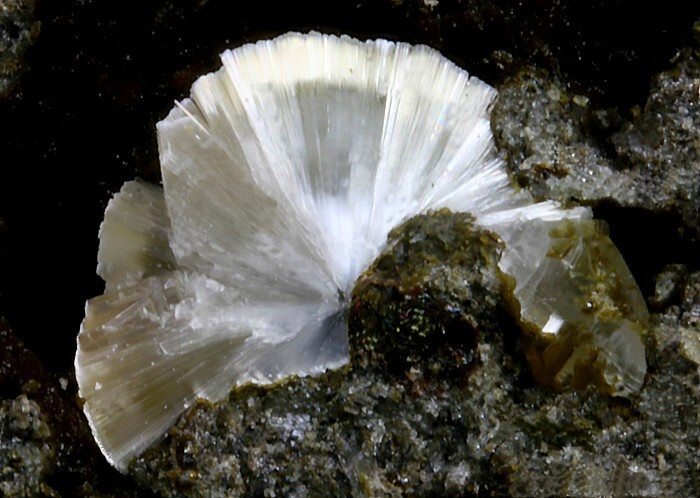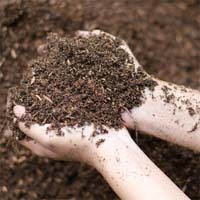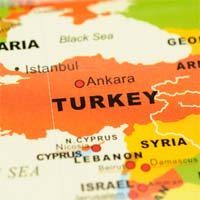Erionite-Induced Malignant Mesothelioma: Is it Different?
Malignant pleural mesothelioma is usually thought of as an asbestos-related disease. But a growing number of mesothelioma cases are being blamed on another mineral called erionite. A new report attempts to look at the clinical and prognostic differences between mesothelioma caused by erionite and mesothelioma caused by asbestos. Like asbestos, erionite occurs naturally in some soils and is made up of tiny, sharp fibers. Like asbestos, once these fibers enter the lungs through inhalation of dust, or the stomach through accidental ingestion, they can trigger a series of physiological changes in some people that eventually result in cancer. The Study In light of the rising number of erionite-induced mesothelioma cases in Europe and North America, researchers in Turkey, Ohio, and…


